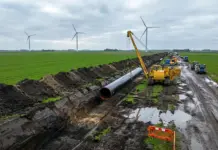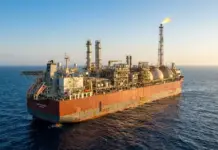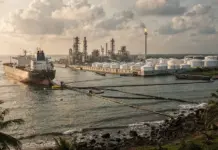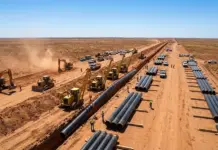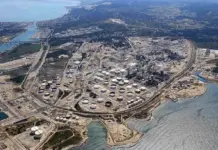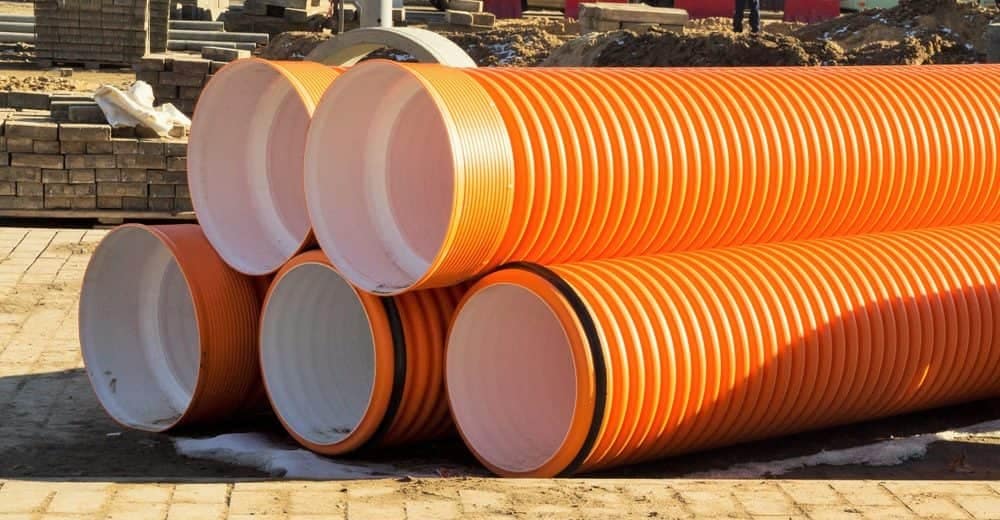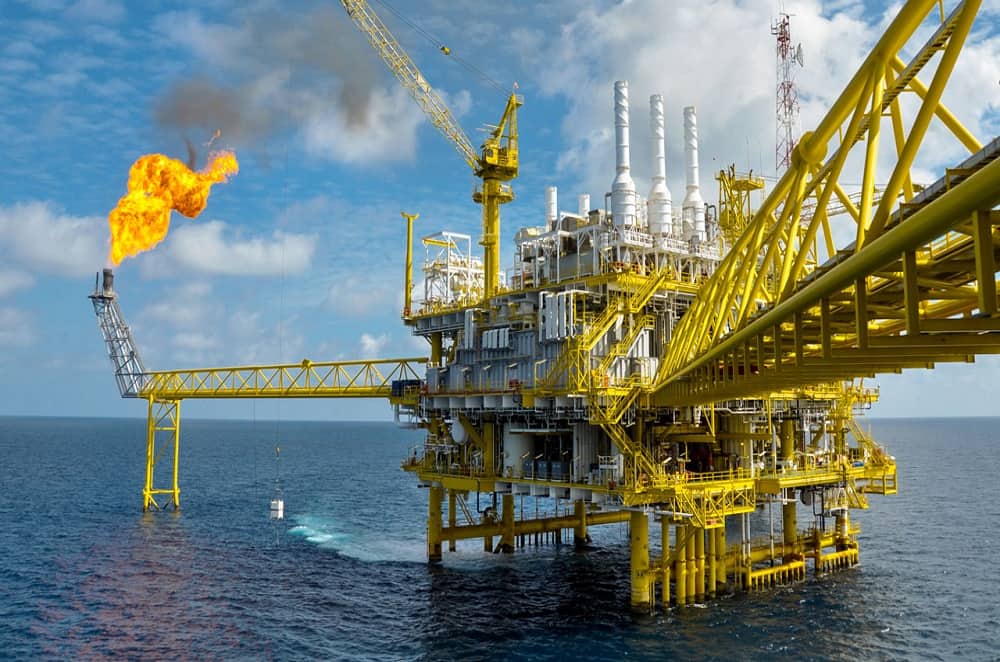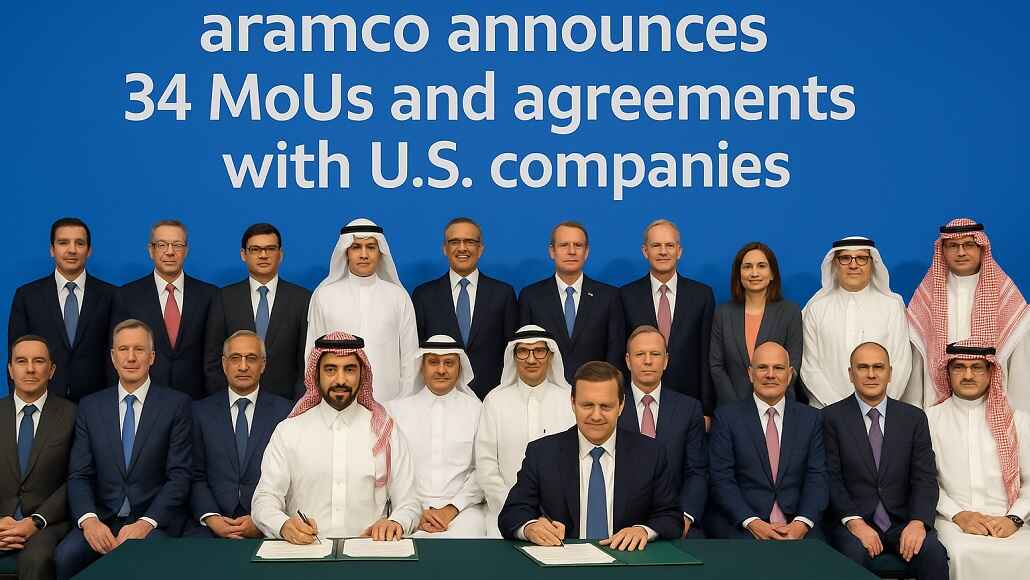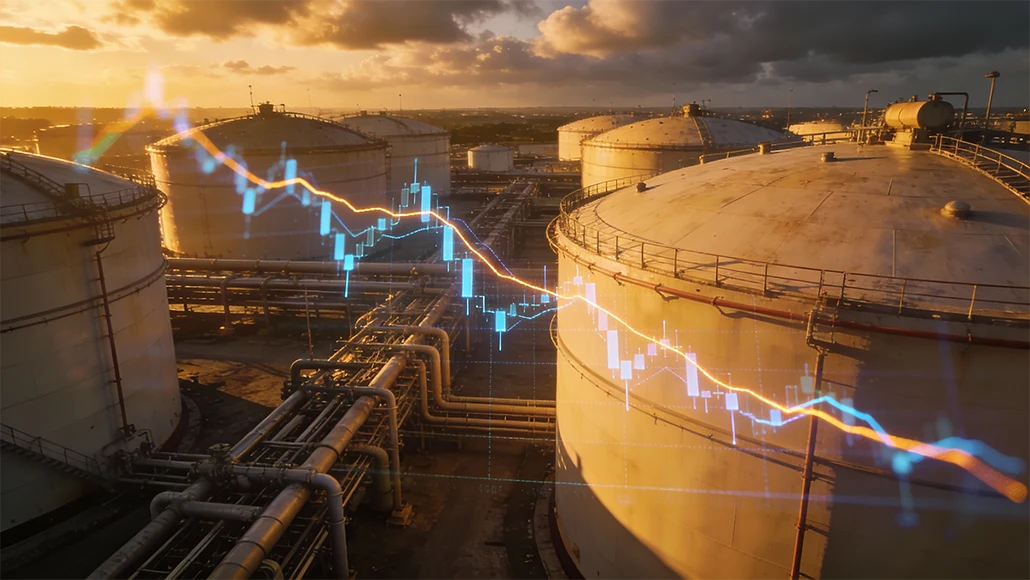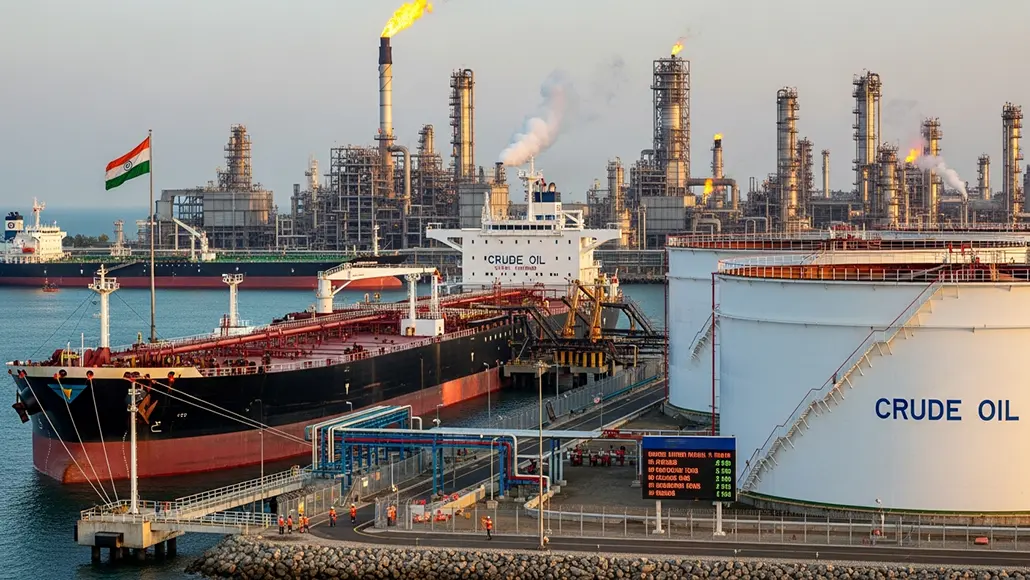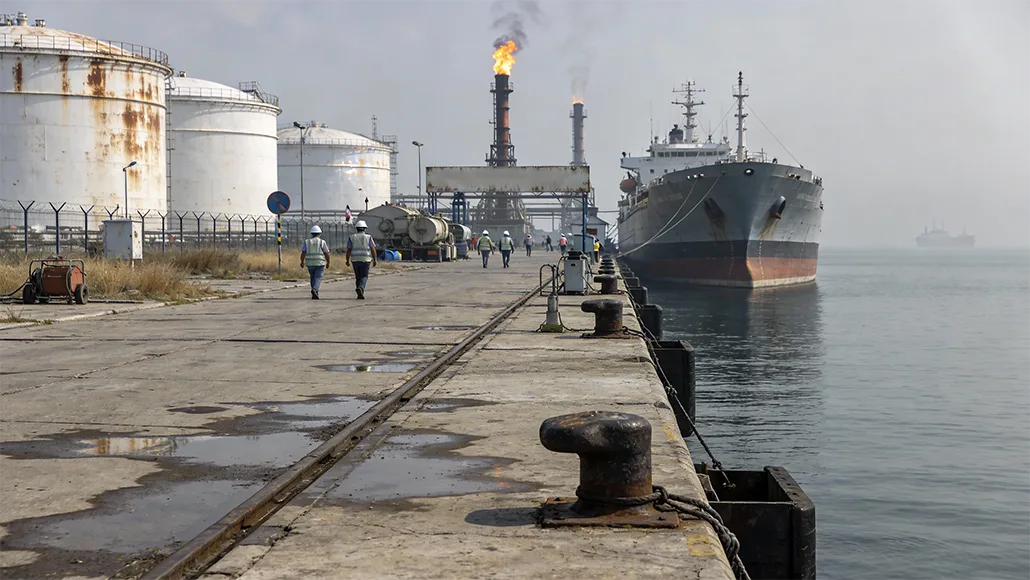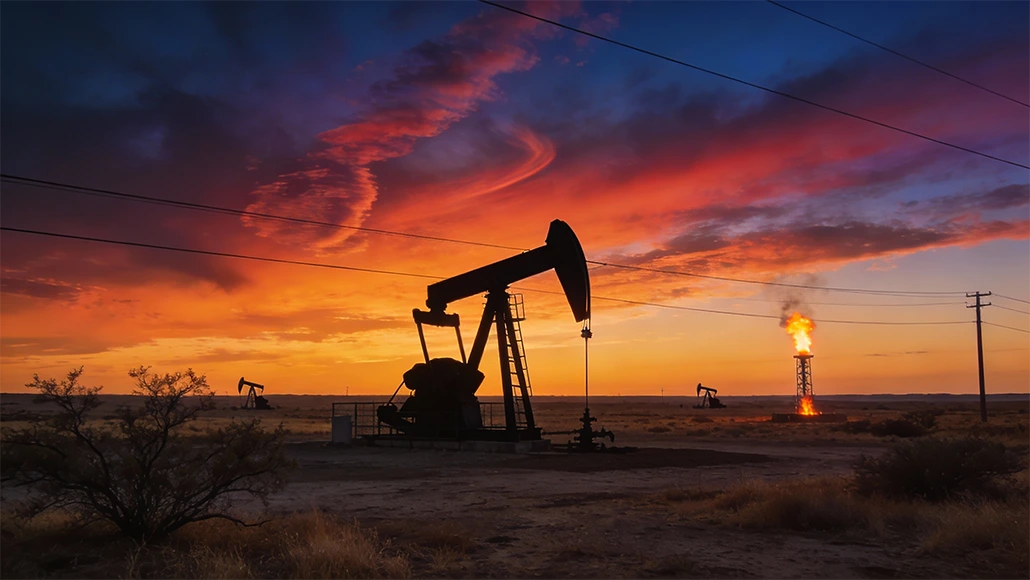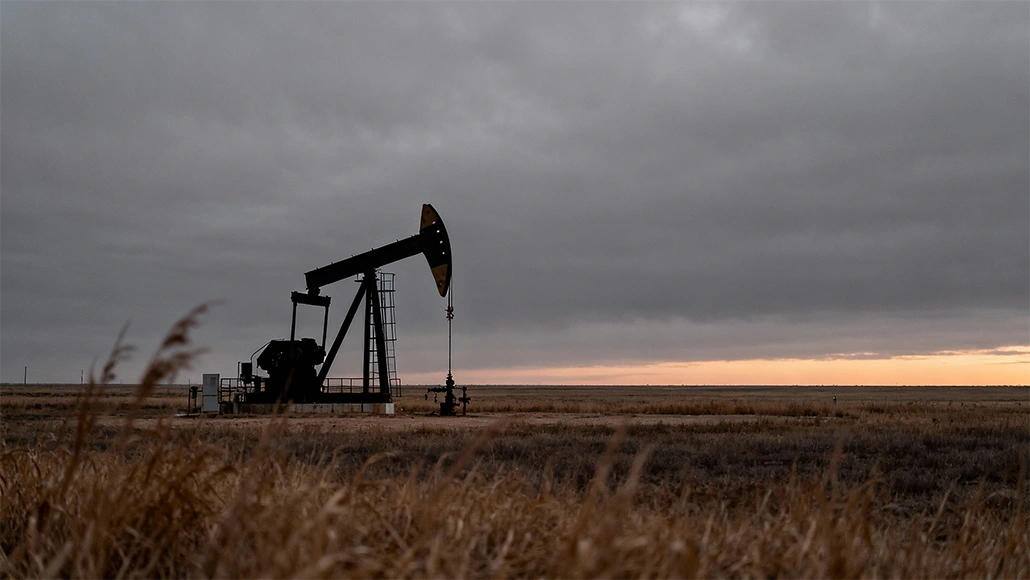Chris Wright, the U.S. Energy Secretary, has remarked that the European countries should halt imports of Russian oil and gas if they want the US to escalate the sanctions against Russia.
The comments made by Wright follow U.S. President Donald Trump’s claim that he is all set to begin yet another set of sanctions against Russia.
Wright went on to remark that Washington would act in a more aggressive form if European countries slashed the energy ties with Moscow and instead bought the American liquefied natural gas (LNG) as well as fuel.
He said in a statement that if the Europeans drew a line and said that they are not going to buy more Russian gas and they are not going to buy Russian oil, then would that have a positive influence on the U.S. tilting in more aggressively on the sanctions as well? And yes, it sure would be that way.
The secretary went on to add that such a sort of shift would fulfil a U.S.-EU trade agreement that would require Europe to purchase $750 billion of U.S. energy resources by the end of 2028.
He said that Russia goes on to fund its war machine by way of oil as well as natural gas exports, and if one cuts off European purchases of those, it goes on to shrink their money. The European Commission spokesperson for climate, energy, transport, and taxation, Anna-Kaisa Itkonen, said that the EU happens to have a clear goal to phase out the Russian energy supplies as fast as possible and that not only pertains to gas, LNG, or oil, but also other forms of nuclear energy too.
Itkonen went on to recall that in June 2025, the European Commission went on to propose ending the imports of Russian gas and oil by 2027 and opined that it does happen to stand in a firm way by this objective, thereby expressing hope that the co-legislators are going to reach an agreement by the end of 2025.
Anna-Kaisa Itkonen added that the sooner that they have that import ban in place, the better their energy security and independence, as well as their price stability becomes.
She said that for years Russia has been a very unreliable energy supplier for the EU and that if they want to become energy independent in the EU, this is indeed quite an essential step forward that needs to be taken, all together, as a Union.
All these remarks go on to come as the EU marches forward so as to end its dependence pertaining to Russian fossil fuels that in a way continue to finance the war effort by the Kremlin. It is well to be noted that in 2024, the EU went on to import almost 52 billion cubic meters of Russian gas as well as 13 million tons of crude oil in spite of the pledges to diversify its supplies.
It was in June 2025 that Brussels proposed a legally binding ban on all Russian fossil fuel imports by the end of 2027. Lawmakers are going ahead and weighing in on a rapid phaseout beginning in January 2027, although countries such as Hungary and Slovakia have warned of an economic fallout.
In spite of a robust rhetoric, the Trump administration has as of now imposed just a few limited penalties on Moscow and in certain cases has even gone on to ease the previous restrictions which had been put into place.
In August 2025, Washington had gone on to impose tariffs on India, which happens to be one of the largest oil buyers of Russia, but has in a way refrained from broader measures. According to the Indian officials, the tariffs are not going to stop their Russian crude imports.
Antonio Costa, the European Council President, said on Sept. 5, 2025, that a European delegation is soon going to travel to Washington in order to coordinate on a fresh joint sanction against Russia.
Scott Bessent, the U.S. Treasury Secretary, a day later said that Washington is all set to expand the secondary tariffs on nations that purchase Russian oil; however, no additional steps have yet been taken or announced.


